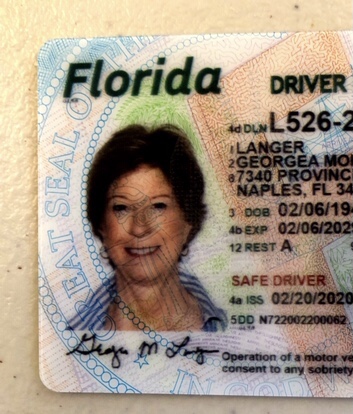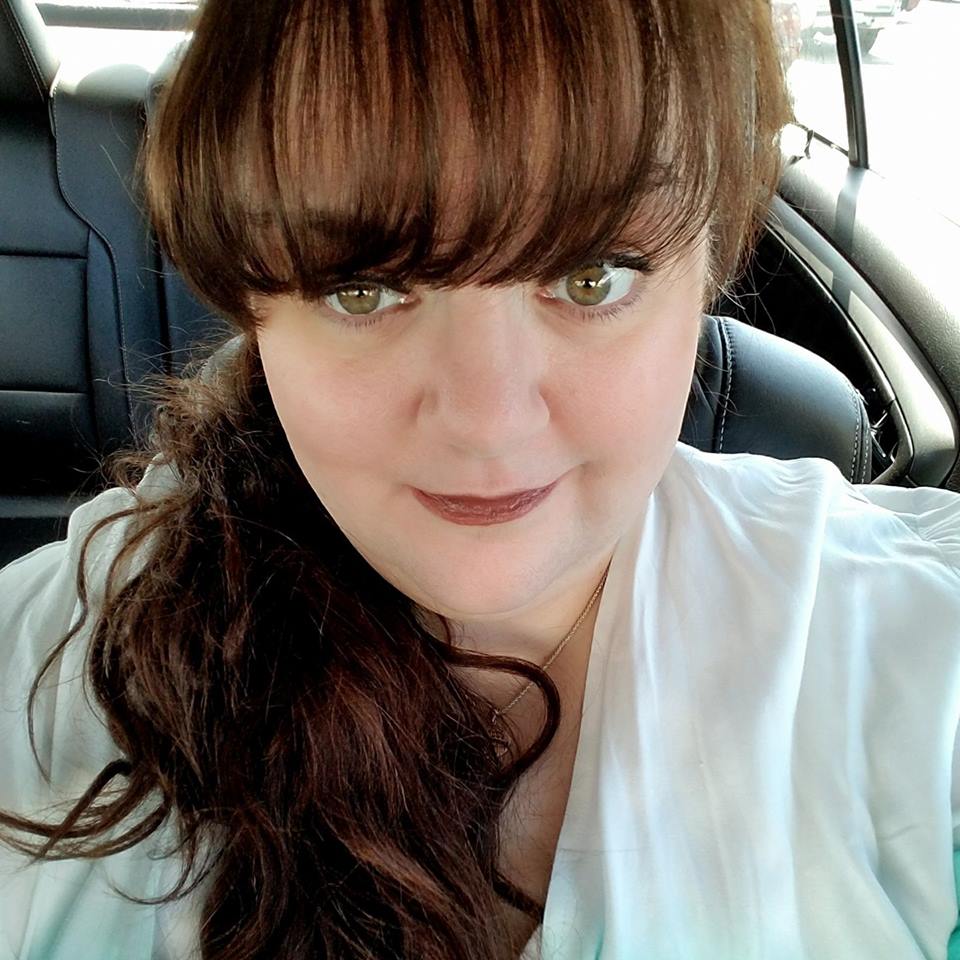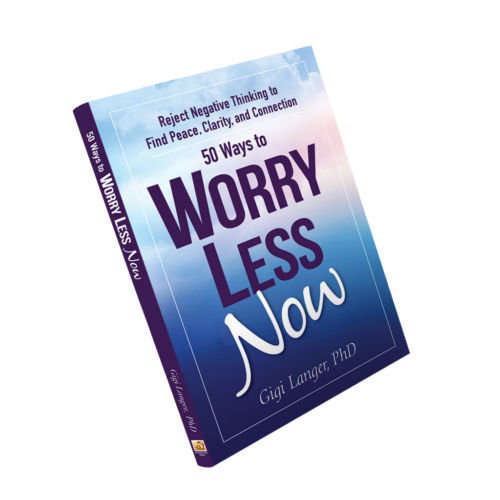
“You’ll be fine after you give up your fake ID.”
I just heard this at a 12-Step meeting and I love it! Many of us have a “fake ID” that we’ve constructed over our lifetime, and often it’s based on a sense of victimhood, fear, selfishness, and resentment. Sadly, these patterns block our true selves.
Cloaking ourselves in our “invented” identity gives us the illusion of security; but pretending to be what others want us to be can never bring us peace or happiness.
If we want to wake up and function as a happy, loving force in the world, we’ll have to drop the activities that cut us off from our best selves. In my case, the divorces, drinking, and drugs had completely covered up my true self with shame and self-loathing. I had no idea that a “Good Gigi” was inside me.
Building Our Fake ID
Why did I try so hard to create this fake ID? For those of us who grew up in troubled homes, it was a much-needed survival strategy. To give myself a sense of security, I watched people who seemed happy and successful, and then I imitated them.
The irony is that this “invented self” does not bring long-term security or contentment. In fact, it plays havoc with most relationships, practically guaranteeing their failure. When you believe the only reason you are liked is because of who you are pretending to be, you fall prey to the whispered lie, “If they knew who I really am, they’d take one look and run in the opposite direction!”
Even more damaging, your fake ID keeps you from knowing who you really are; therefore, you can’t share with another what you truly feel or need. Without emotional honesty, your relationships founder on the shoals of boredom, frustration, or dysfunction.
Finally, it’s your fake self that spews fear, self-deception, and resentment into your mind. The chaos can seem so loud and confusing that it’s almost impossible to hear anything else. If you’re lucky, you’ll wonder, “There must be another way to live!”
Discovering Your True ID
First, please know that deep inside you is a being of light and goodness. I’m sure you’ve felt glimmers of it, for example, when you’re in the flow of creative activity, or gazing at a peaceful scene in nature. As you learn to relinquish your fake ID into the hands of this higher self, your joy will follow.
When I got clean and sober, the women I met in 12-step meetings could see the light of goodness in me and responded to that, rather than to my emotional pain. Through my sponsor, therapy, spiritual practices, energy work, and cognitive reprogramming, I eventually discovered my true self, and today I live from that place most of the time–but not always!
In my opinion, one of the best ways reject your fake ID and connect with your true self is to notice your disturbing thoughts, and then redirect them to a state of quiet. There you will connect with your own personal source of peace, clarity, and loving connection. I use guided meditations to learn how to put my thinking into the background so I can “hear” my higher mind.
Often such insights appear as little intuitive nudges, sometimes when I’m not even meditating. In a mysterious, magical way, stilling our minds creates a space for wisdom to enter our lives. It’s a fun, secure, and fascinating journey!
The Gift That Keeps Giving: Your True Self
My true self has brought me a happy 31-year marriage to Peter (my fourth husband!), a successful career, and the tools to live through multiple crises of life here on earth: substance abuse, codependency, worry about alcoholics, death of loved ones, chronic pain, and workaholism, among others.
My true self also led me to write 50 Ways to Worry Less Now: Reject Negative Thinking to Find Peace, Clarity, and Connection, a feat I never anticipated! But my inner voice kept tapping me on the shoulder saying, “You really ought to share what you’ve learned with others!” So, I did, and it’s connected me with hundreds of lovely, like-minded people (like you!) through social media, podcast appearances, and book sales.
Reject Your Fake ID to Express Your Best Self
How will you begin to challenge your own fake ID to liberate the voice and guidance of your true self? Do you need to quit some bad habits that numb your spirit and cause bad things to happen? Might you seek help from a therapist? Perhaps you can join a group of people who’ve overcome problems like yours.
Or, you might take a course to learn to meditate (I recommend “Mindfulness-Based Stress Reduction” developed by Jon Kabat-Zinn and colleagues at University of Massachusetts Medical Center). Finally, I’ve found great help from the free phone meditation apps, Insight Timer, Calm, and others.
I wish for you that you awaken to your true self’s clarity of purpose, peace of mind, joy, and fulfilling relationships.
With SO much LOVE from me to you! Gigi
PS: My award-winning book outlines many more ways to find calm, wisdom and connection, no matter what’s going on in your life.

In Worry Less Now, Gigi shares her personal journey as a prisoner of fear, worry, and substance abuse, along with practical techniques anyone can use. Award-winner with rave reviews. Amazon rating: 4.8 stars.
Get special offers on the paperback, e-book, and audiobook HERE.

Gigi Langer has been sober 34 years, and holds a PhD in Psychological Studies in Education from Stanford University. Formerly crowned the “Queen of Worry,” Gigi resigned her post many years ago and now lives happily in Michigan with her husband, Peter and her cat, Murphy.





